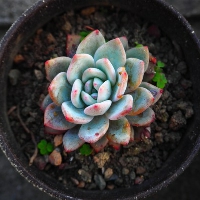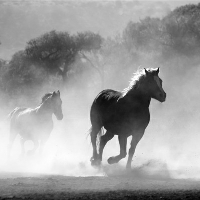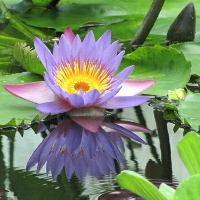1. Ingredients: 300g rice, 2 eggs, 2 onions, 30g shrimp, cuttlefish and scallops, 10g boneless fish meat, 3 tablespoons oil, 1/2 tablespoon pepper salt and soda powder, 1 tablespoon starch, 1/2 tablespoon salt and 1/2 tablespoon pepper powder.
2. 2. Clean and mince scallions; Put eggs into a bowl, filter out the egg white, and keep the yolk for use; Clean the boneless fish, slice it, and then cut it in half.
3. 3. Dice cuttlefish, scallops and shrimps. Put pepper salt, soda powder, starch and some protein in a bowl and mix well. Put them in boiling water and boil for a short time. Remove; Pour the egg yolk into a hot oil pan and fry it into egg skin. Remove and shred.
4. 4. Pour 2 tablespoons of oil into the pot and heat it up. Stir fry the chopped scallions. Add the remaining protein and stir fry slightly. Add shrimp, cuttlefish, scallops, boneless fish meat and stir fry. Add rice, salt, pepper and stir fry well. Serve on the plate. Drain the egg shreds on the side of the plate.










